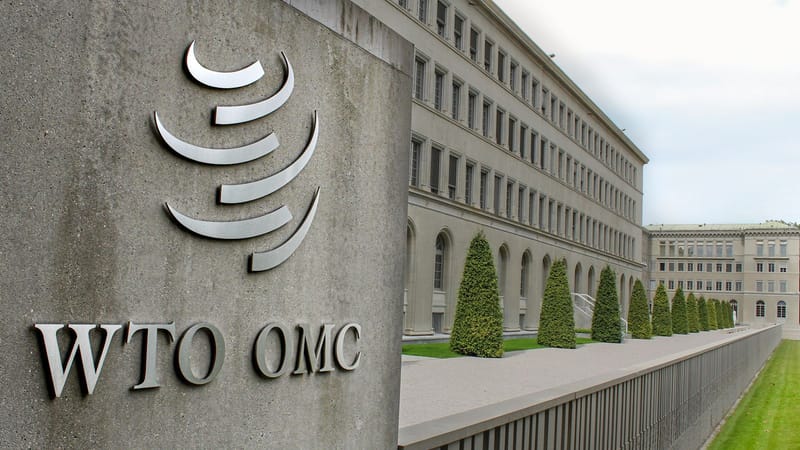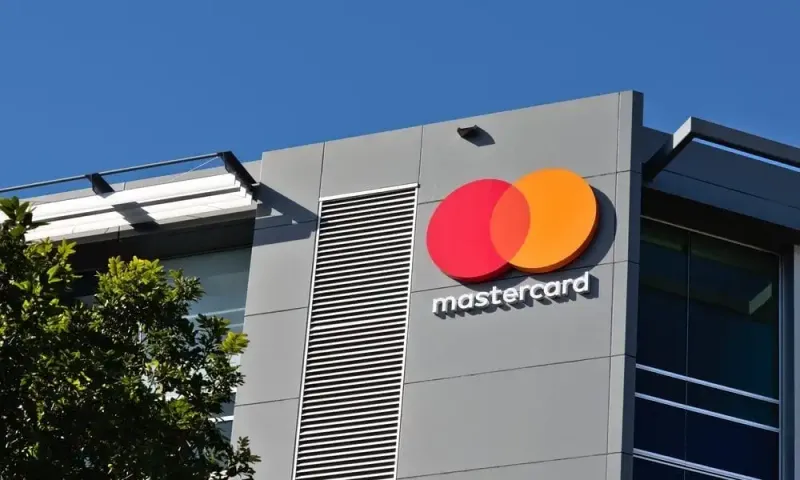Investment Bankers Push for New Payment Structures Amid Rising Regulatory Challenges
Investment bankers are adjusting compensation requests to sustain and boost fee revenue from advising on mergers and acquisitions (M&A)
Credit: Reuters
Investment bankers are shifting how they request compensation to maintain and enhance fee revenue from advising on mergers and acquisitions (M&A). This change comes as regulatory hurdles increasingly obstruct large deals.
Traditionally, many of these fees were contingent on the successful completion of a transaction. However, interviews with over a dozen dealmakers reveal that bankers are now advocating for payment even when regulatory issues prevent a deal's closure. Furthermore, they are raising charges for services that are remunerated regardless of transaction completion.
Among the tactics employed by banks is securing a larger portion of the breakup fee, which the acquiring company pays to the target if a deal fails to close. They are also charging more for "fairness opinions"—evaluations provided to companies about whether they should proceed with a sale.
This shift is critical for the revenue streams of major investment banks in North America and Europe. Although publicly traded banks do not detail the source of their fees in investment banking revenue reports, insiders indicate that fees collected even from failed transactions have bolstered profits this year. This boost comes amid a stagnant M&A market and increasing regulatory challenges.
In the U.S., antitrust regulators filed 50 enforcement actions against mergers in the 12 months leading up to September 2022, marking the highest enforcement activity in over two decades, according to data from the Federal Trade Commission and the U.S. Department of Justice.
In Europe, the European Commission issued two prohibition decisions in 2022 and one in 2023, compared to none in the previous two years. Lawyers from White & Case noted earlier this year that the European Commission is now more likely than ever to block a merger.
Top investment banks, including Goldman Sachs, JPMorgan Chase, and Morgan Stanley, are striving to claim up to 25% of the breakup fee on some deals, depending on the transaction's size. This represents a significant increase from the historical average of around 15%.
Additionally, banks have made roughly 20-25% of their advisory fees contingent on delivering fairness opinions, a significant jump from the 5-6% average over the past decade. These so-called "announcement" fees are paid even if a deal does not go through.
A notable instance of this trend was seen in GTCR's $18.5 billion acquisition of a majority stake in Fidelity National Information Services' merchant services business, Worldpay. In this deal, JPMorgan and Goldman Sachs, the lead advisers, secured about 25% of the total fees as an announcement fee.
As regulatory scrutiny intensifies, investment banks are innovating their fee structures to secure revenue and maintain profitability in a challenging market environment.






